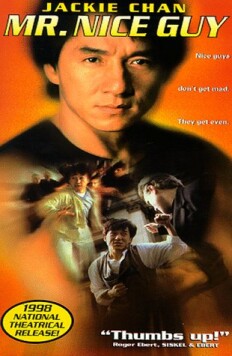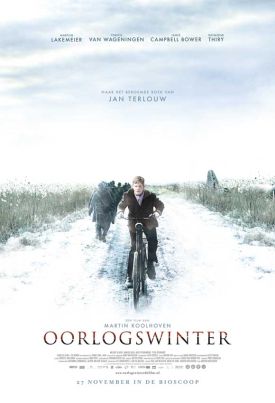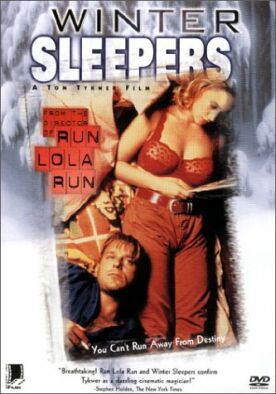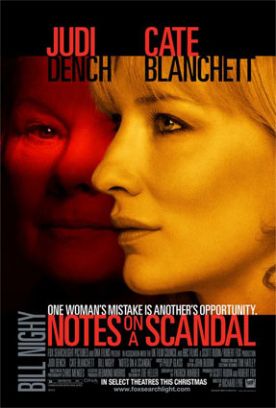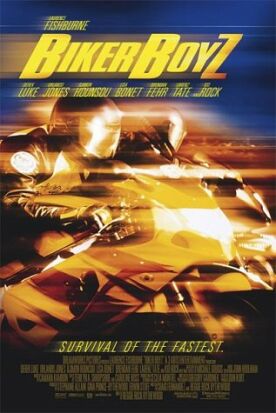Mr. Nice Guy
Mr Nice Guy, directed by Samo Hung, stars Jackie Chan as a TV cook who
accidentally gets mixed up in gang activity in Melbourne, Australia. His now
deceased father was supposed to have been a policeman and best friends with a
man named Baggio (Barry Otto). Dad had made Baggio promise to ensure that Jackie
became a cook instead of a cop, since it was a much safer occupation. Somewhere
along the way, however, Jackie learned the martial arts techniques which have
become the real Jackie’s trademark. So when, one day, he happens to run into a
young TV reporter who has videotaped a meeting of two gangs and is on the run
from both, he just has to help her.
I am rather a fan of Jackie Chan’s, not only because of the visual excitement
of his balletic grace in taking on swarms of clodhopping thugs but also because
of this chivalric subtext. In what other movies these days could you see not one
but three pretty girls—the other two are his TV assistant and his supposed
fiancée, Miki (Miki Lee), just arrived from Hong Kong and speaking almost
no English—crying out “Jackie, help!”? And in what other movies would you
see Jackie helping? Moreover, the three girls become a sort of non-sexual harem
for him—one white, one black, one Chinese and all extremely decorative.
They all get along well too, apart from one or two moments of jealousy. Such
amazingly retrograde stuff manages to sneak through the Hollywood political
police partly, I suppose, because of Jackie’s huge popularity in the less
advanced civilizations of the orient and partly because of his personal charm,
which is considerable.
The only thing I didn’t like about this picture was the climax, which was
given over to the exploits not of the hero but of a giant earth-moving machine
which he uses to destroy the house and vehicles and other property of a vicious
drug-lord called Giancarlo (Richard Norton)—whose name is pronounced by
everybody in the Australian way as “Jeen-Carlo.” To be sure, Jackie is driving
the big machine, but its satisfactory car-crunchings and house-smashings and
explosions are all-too-familiar as boob bait for the teenyboppers and unbalance
with brute bangs a movie which otherwise focuses on Jackie’s personal finesse.
He should have more confidence in himself. He is far more watchable than stuff
blowing up.
I also wondered whether the pacing of the film didn’t suffer, rather, from
what seems to be the action-movie orthodoxy today, both in Hollywood and in Hong
Kong—which is that you’ve got to follow up one action scene with another,
and then another with no space in between to develop a story in any remotely
plausible way. Some things have obviously had to be cut out as a result. One of
the leaders of the rival gang to Giancarlos’s, the Demons, is a butch
chick—a Demon princess, in fact—who was clearly originally intended
for a bigger role as a redeemed baddie. But, busy with other things, the
filmmakers simply forget about her in the various smashings that constitute the
dénouement, and she simply disappears. So does the TV girl. But then few
will care when Jackie’s stunts are, as always, so breathtaking. His showmanship,
like his chivalry, is a throwback to another era.
Discover more from James Bowman
Subscribe to get the latest posts to your email.

